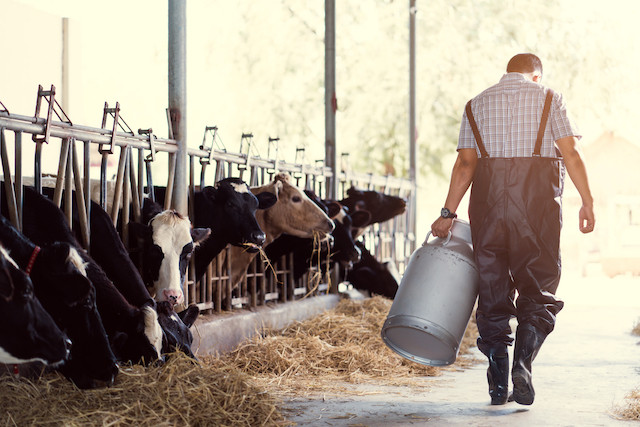Under the recommendations, which pave the way for its goal to become climate-neutral by 2050, member states will be expected to develop large food supply chain structures to hit the 25% organic farming target. In 2020, it accounted for just 5.18% of overall farming land, equivalent to 6,324 hectare area.
The Cap will target investment to drive this change, but the shift is proving onerous for Luxembourg farmers, who want to be more involved in carving out the sector’s future.
In an interview for Radio 100,7, Ehlerange farmer Guy Feyder said: “The [agricultural] minister tells us that this process is still to come. I'm curious how much influence we'll still get there, but I must repeat, I know from experience that influencing must happen early, and not at the end of the process.”
The commission wants Luxembourg to diversify away from livestock and milk, which it sees as a barrier to sustainable production methods because of the high greenhouse gas emissions and water pollution levels associated. Green MP François Benoy shared the farmers’ concerns, adding that the situation is already not ideal for Luxembourg farmers: “It’s not like our farmers are earning so much with their milk and meat.”
Lower yields, compared to more productive agricultural countries, make it difficult for dairy farmers to remain competitive. One sustainable alternative would be to grow vegetables, an option that is being pursued in political circles. The other, to convert to organic practices, is costly and takes time and would not solve the issue of competitive pricing from abroad, says Feyder.
The national farming strategy plan should be sent to the EU commission in the second half of 2021 to be adopted next year and implemented before the new agricultural law is passed in 2023.
